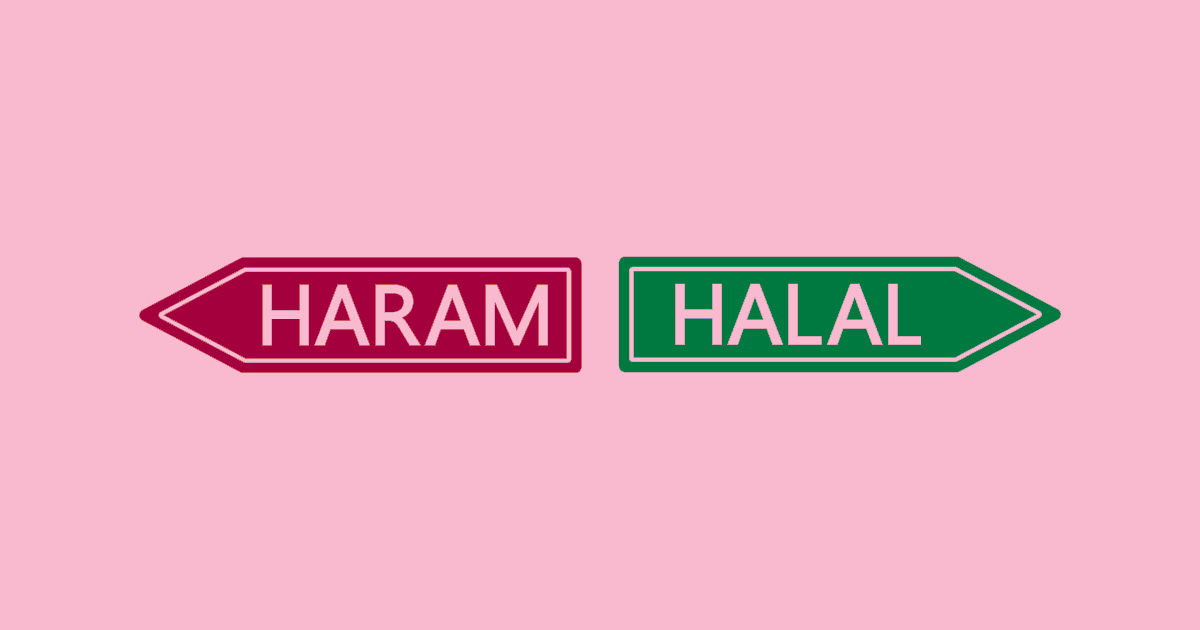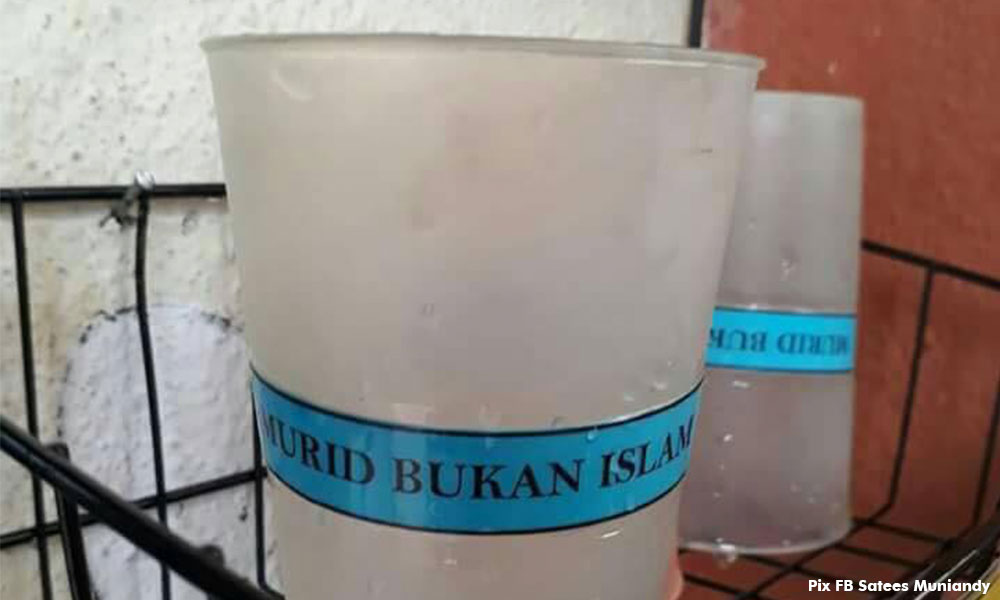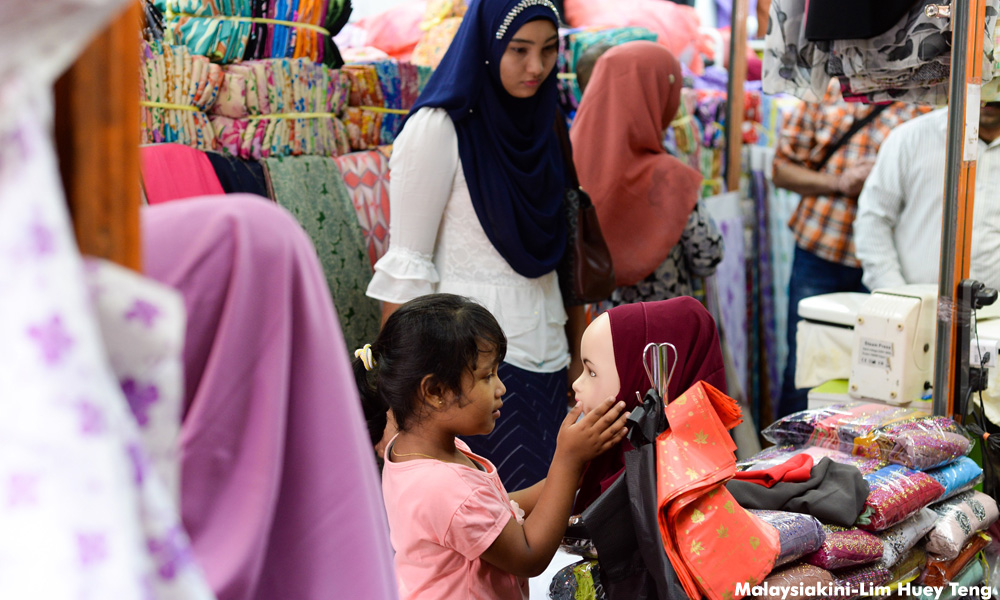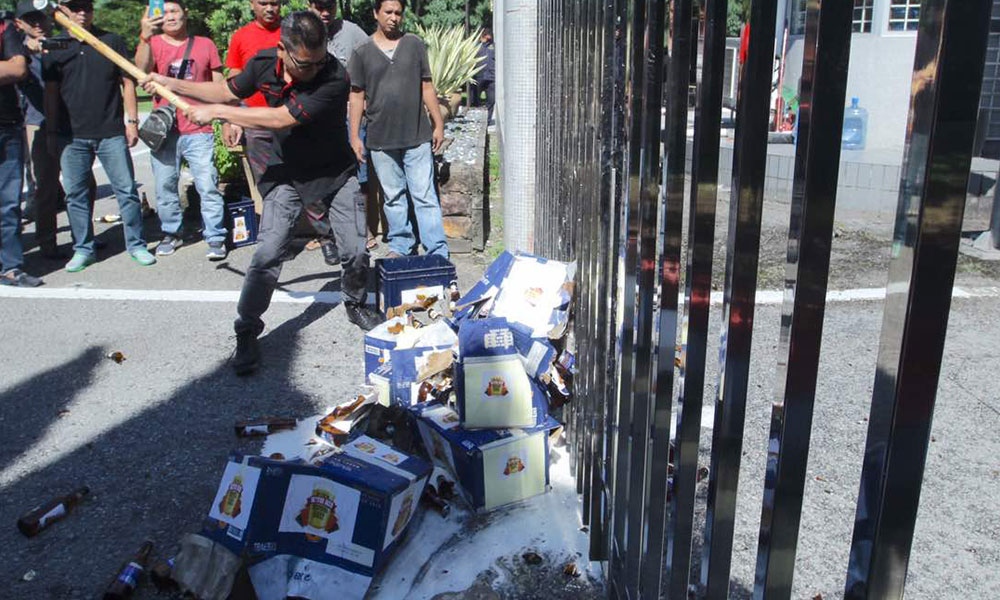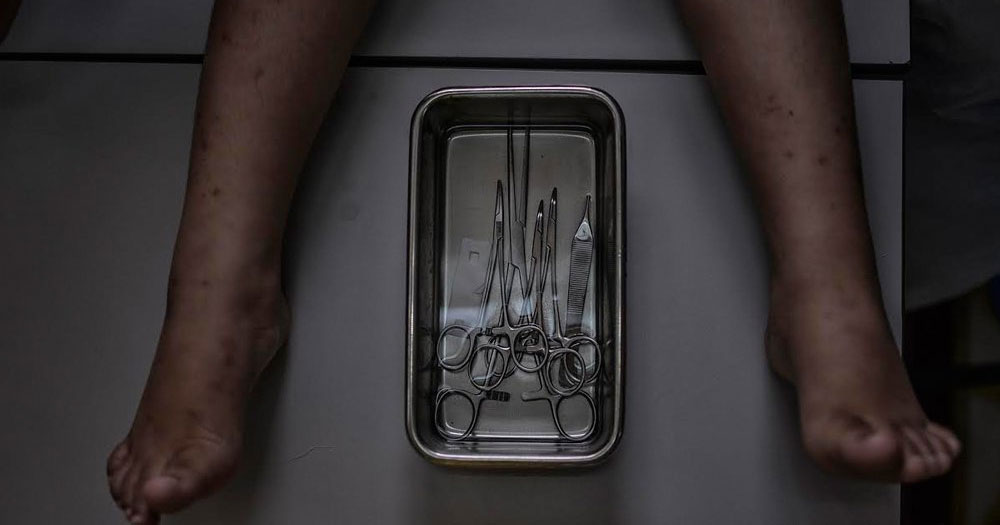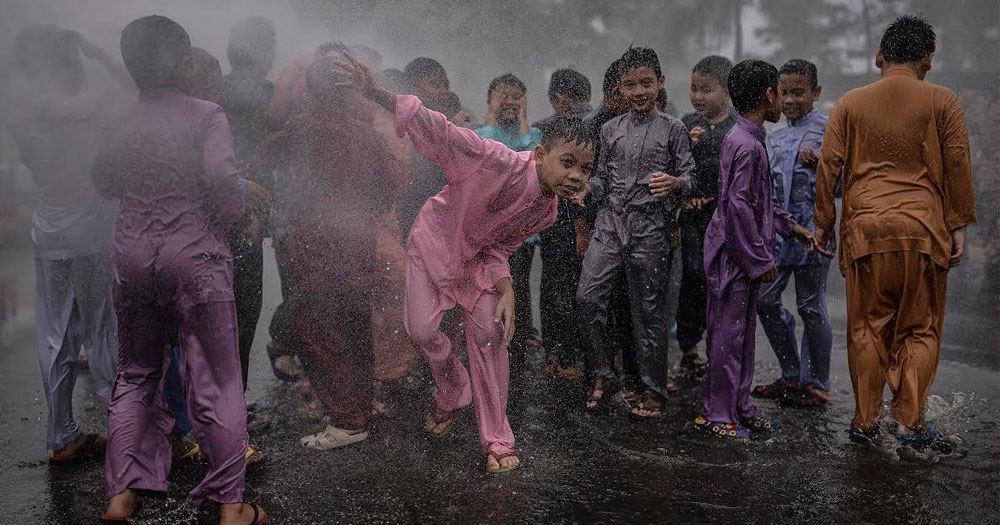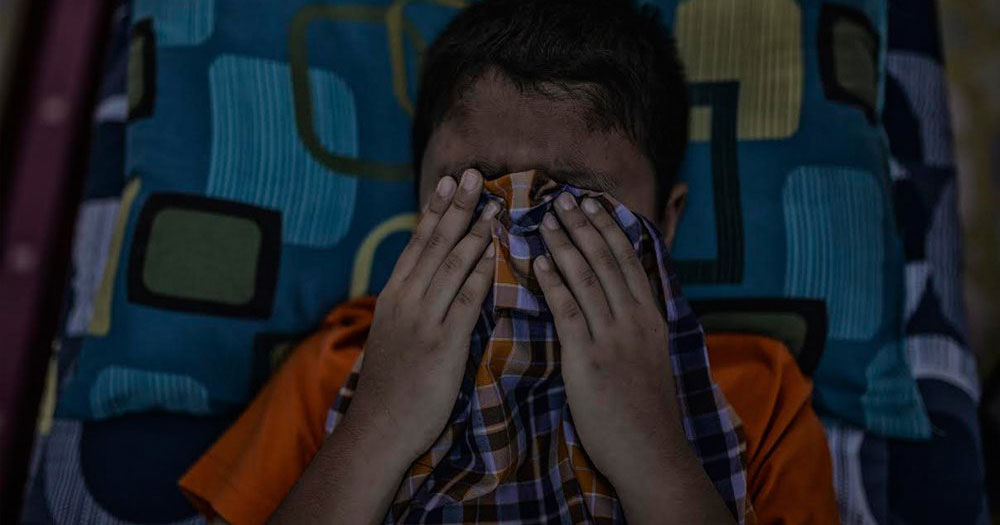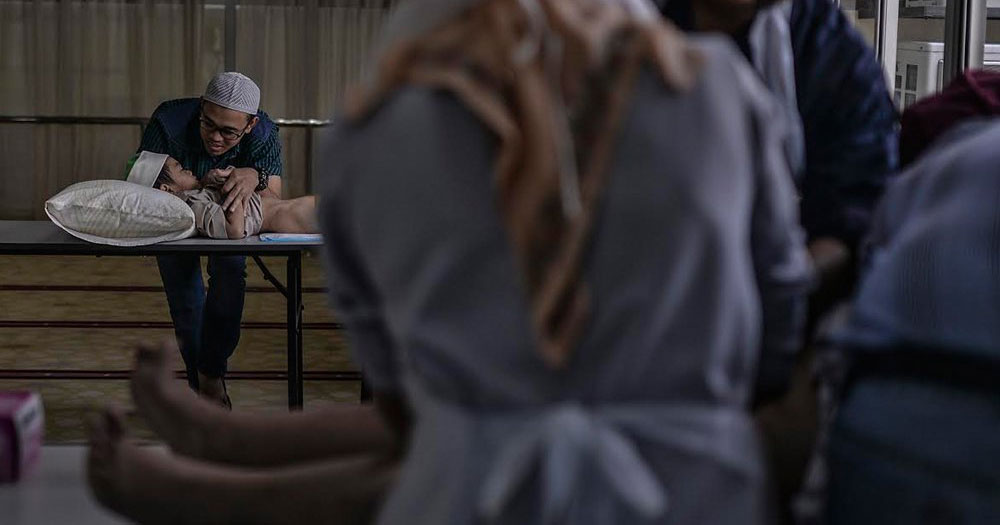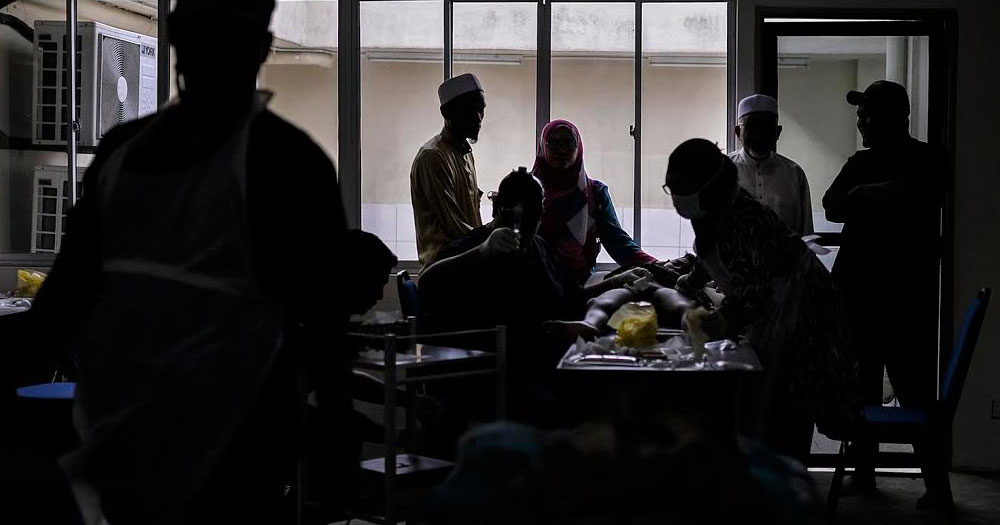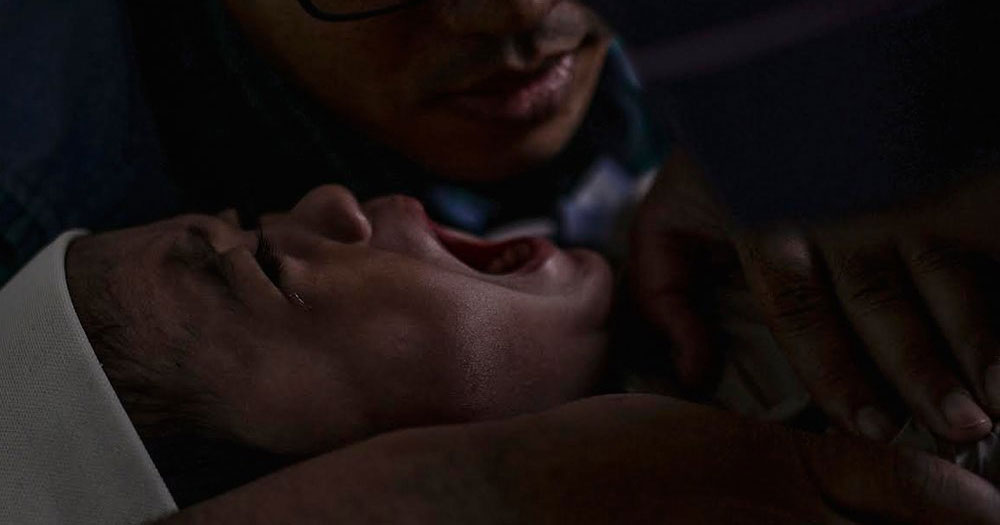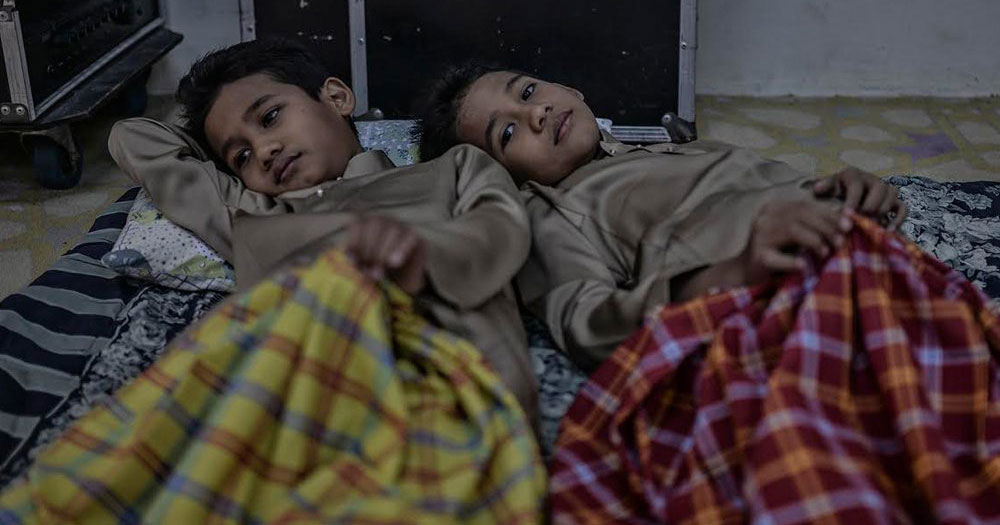
The need to talk about Islamism in Malaysia
The need to talk about Islamism in Malaysia
Many Muslims are exceptionally critical of the West, especially American foreign policy. But when it comes to Islamic ideology, even the mere suspicion of criticism is taken as a personal insult by most Muslims.
With the rise of Islamic radicalism, worldwide geopolitical turmoil caused largely by Muslim refugees and worsening Islamisation in this country, should Islam be exempt from any form of analysis? When there are political elements to the belief structure (Islamism), should Islam still be exempt from any criticism?
There is an enormous distinction between criticising an ideology and criticising individuals.
Islam is an ideology and it should be open to criticism just like any other ideology, especially when it imposes its set of beliefs unto others (be it Muslims or non-Muslims).
With increasing voices of dissent heard from notable figures in Malaysia in recent times, it’s only rational to take the discussion to the next level before Islamism takes a worse turn in this country.
Strictly speaking, Islam is just a religion while Islamism or ‘Political Islam’ is the desire to impose a version of Islam unto the rest of society.
Political Islamists generally do not believe in resorting to violence, such examples include the Muslim Brotherhood, Hizbut Tahrir and Malaysia’s PAS. Jihadism, on the other hand, is the use of force to spread Islamism, i.e. Islamic State (IS), Al-Qaeda and Taliban.
Talking about Islam in Malaysia, or anywhere else for that matter, can indeed be life-threatening. Intolerance towards any disagreement regarding Islamic ideology and culture has resulted in violence many times around the world.
Bangladeshi bloggers hacked to death, the Charlie Hebdo shooting in France, embassies burned over the ‘Innocence of Muslims’ trailer and of course, one of the biggest threats to humanity, IS.
It may seem like the IS situation in Syria and Iraq is coming to an end where almost all their stronghold has been secured, but do not be fooled for a second that it has been fully defeated. There are still many lone wolf attacks done under the banner of IS and let’s not forget their new base in Southeast Asia.
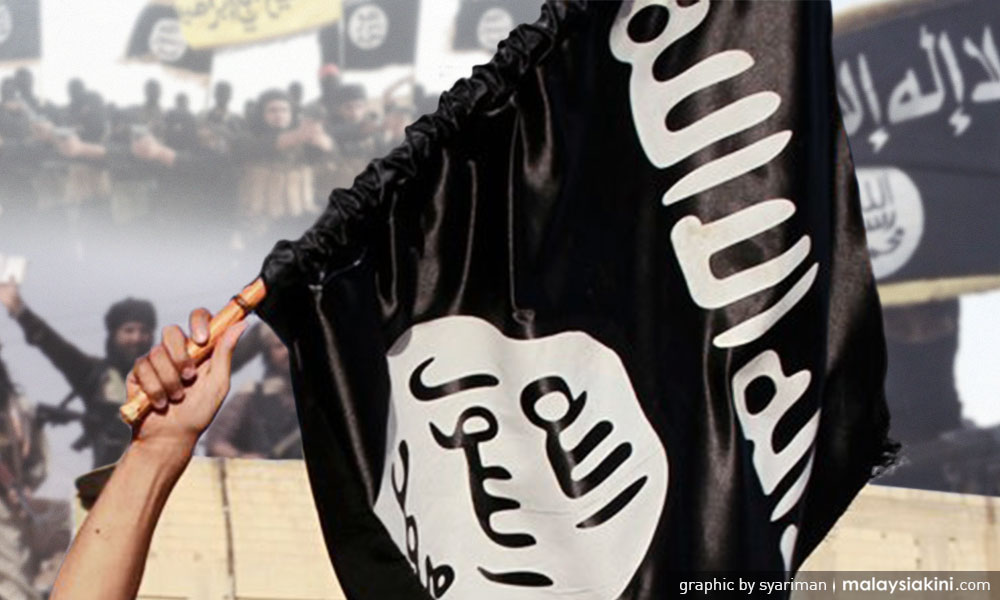
The majority of Muslims around the world do not support the violence imposed by IS, and it angers them when they are lumped together with IS. According to recent data that the Pew Research Centre collected in 11 countries with significant Muslim populations, people from Nigeria to Jordan, Indonesia to Malaysia, overwhelmingly expressed negative views of IS.
If that is the case, then why is IS still strong as ever and Muslims from all over the world flock to its cause? Why is it that in Malaysia alone the arrests made of Muslims trying to join IS is increasing drastically since 2013? Why does Malaysia have six times the rate of Muslims leaving for battle in the Middle East and the Philippines as compared to Indonesia?
Why did Prime Minister Najib Razak in 2014 ask his political party members to emulate the bravery of IS? And how can all this be happening when this country is considered as a beacon of moderate Muslim nations?
Jihadist activity in Malaysia is not something new. Malaysian Muslims played a key role in the evolution of the Jemaah Islamiah movement. Then came Al-Maunah and now Malaysians form a core component of IS’s Southeast Asian unit, Katibah Nusantara which is currently active in Marawi, Philippines.
So why are Malaysian Muslims or Muslims in general, highly susceptible to be radicalised? Could this be blamed solely on socio-political factors? This is indeed a complex argument and very sensitive in nature.
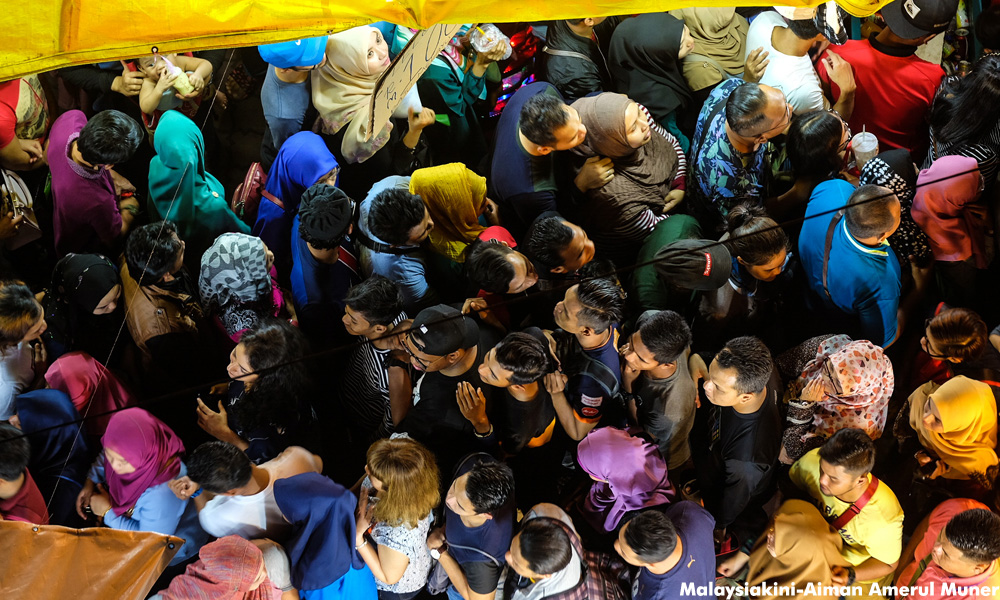
One could argue that Islam is a religion of peace and all those things done by IS are the opposite of what Islam teaches. But one could also argue that IS is Islamic, very Islamic according to a revealing article by Graeme Wood, published in the March 2015 issue of The Atlantic.
IS’ interpretations of Quranic teachings are fundamental to its mission. The beheadings, slavery, rape, child marriage and the rest of their barbaric acts are very much religiously inspired.
Adding to that, based on a poll published in July 2014 in Saudi Arabia, 92 percent of the Saudi population seem to think that IS “conforms to the values of Islam and Islamic law.”
Clearly, IS has something to do with Islam.
With the global jihadist threat escalating at present, the issue of Islamisation in Malaysia is becoming a vital topic that needs to be discussed. Dismissing IS and other jihadist organisations as fringe groups within Islam is not going to solve anything.
IS has proved that being defeated in Syria did not put an end to it. The global ideological problem of Islamist extremism extends way beyond IS and will continue to aspire other extremists.
It is the Islamist ideology that must be discredited. For as long as the ideology and mentality of Muslims are not rectified, there will never be an end to jihadist terrorism.
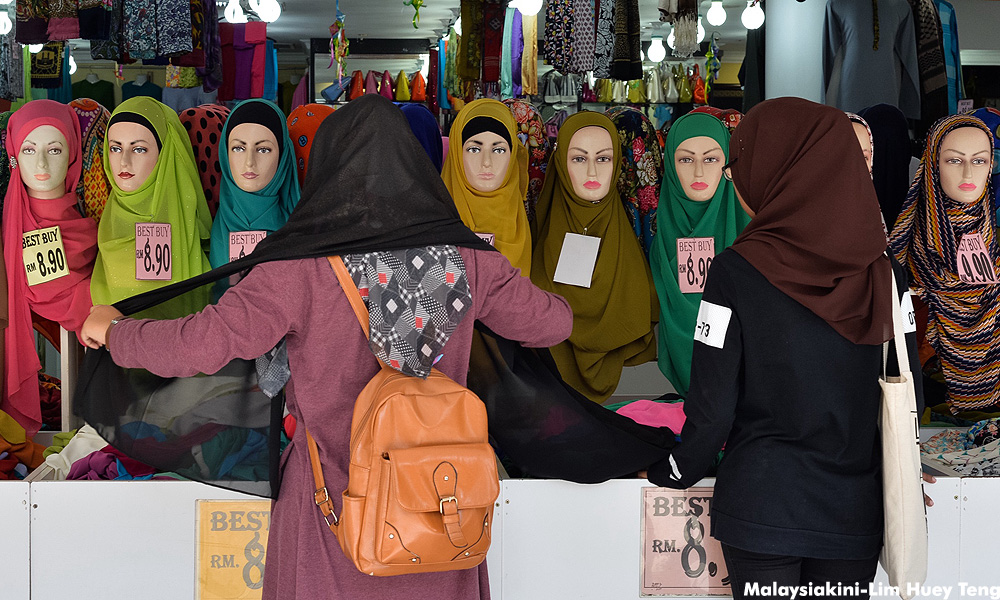
Malaysia is currently witnessing the progress of an ongoing Islamisation. Marina Mahathir aptly coined the term ‘Arabisation’ in referring to Malaysian Muslims in adopting the Arab culture, ideology and tribalism attitude. With more and more narrow-minded views of Islam being practiced, not only are the Muslims in Malaysia being affected, even the non-Muslims are as well.
Just think of all the pathetic issues that have been brought up by the religious authorities at recent times; Islam compliant dress code issues in governmental departments and even in sports. Protest against non-Muslims for using the word ‘Allah’ in non-Islamic religious texts.
An MP that is more sympathetic towards the rapist rather than the victim and can even suggest that nine-year-olds are ‘physically’ and ‘spiritually’ ready for marriage. A Minister in the Prime Minister’s Department taking a stand to ‘hunt down’ atheists in Malaysia. Beer festival in Kuala Lumpur receiving massive protest by Islamists and even a terrorist bomb plot aimed at the festival.
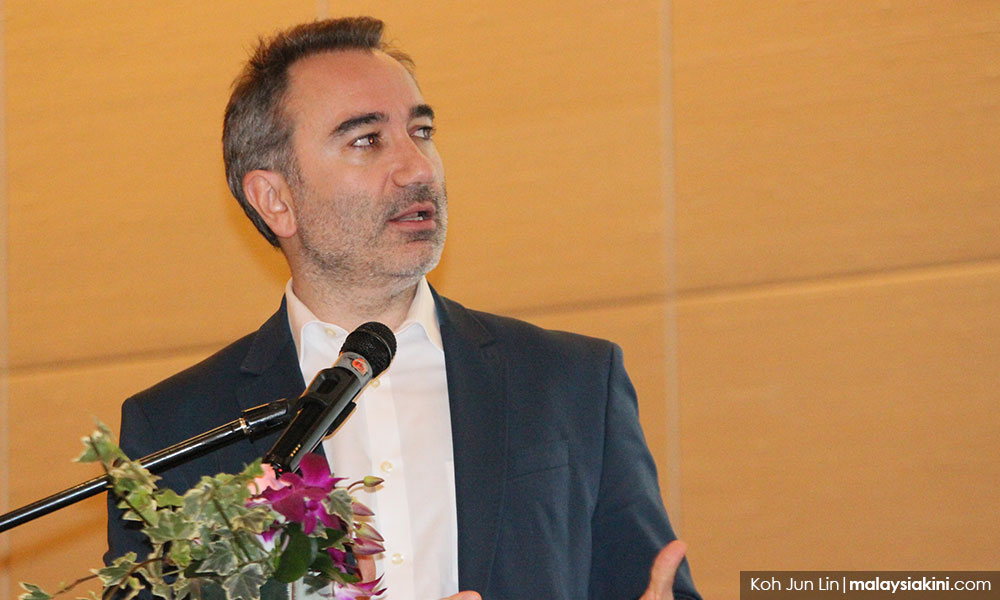
Even when there are attempts to promote a moderate view of Islam, it is quashed without proper dialogue, such as Turkish writer Mustafa Akyol’s detainment for a speech he gave and G25’s ‘Breaking the Silence’ book ban. This is what happens when religious authorities are given precedence over the constitution.
Thankfully there are still people out there bold enough to voice out their discontent. G25 initially appeared in the spotlight on December 2014 asking for a rational dialogue on the position of Islam and Islamic law in Malaysia. More recently, some royals have become more vocal especially after the launderette issue in Muar.
So where are we right now on the ‘Islamism’ discussion? In the West, the so-called moderate Muslims are getting tremendous support from the regressive liberals. Debates are still going on trying to establish if the Islamic teachings are compatible with modernity. Most leaders seem to reassure the Muslims that Islam is a religion of peace and has absolutely nothing to do with terrorism.
However, this is not exactly helping the anti-Muslim sentiments in the West. With the increasing frequency of jihadist attacks all over Europe and America, true anti-Muslim bigotry and Islamophobia attacks are getting more common, unsurprisingly. Innocent peaceful Muslims are becoming the victims, when the actual issue at hand is hiding behind a ‘burqa’.
This is the exact reason why Donald Trump became the President of the United States and many far-right conservative parties in Europe are gaining momentum. But at least the conversations are happening over there.
In Malaysia, we are nowhere close to such dialogues. Muslims in this country are so sensitive to any form of criticism. As far as Muslims here are concerned, Islam is as perfect as it was in the sixth century and the West are the ones to be blamed for everything and anything.
Muslims in this country are more interested in talking about the terror
committed by the Zionist regime in Israel rather than the atrocities committed by IS in Syria, Boko Haram in Nigeria or the Taliban in Pakistan and Afghanistan. I wonder why.
So is Islam inherently violent and needs an absolute reformation or is it like any other religion where it has peaceful teachings as well as violent ones and it’s the followers thinking and mentality that needs reform? Whichever it is, one thing for sure is there is no reforming of Islam without reforming Muslims.
Islam must be subjected to criticism. It must be challenged. It’s easy to dismiss any idea that is critical of Islam as ‘murtad’ or misguided. Holding Islam up to scrutiny is not bigotry against Muslims as people. If we do not have this conversation, only the Islamists and jihadists will prevail, leaving the rest of peace-loving Muslims under threat from anti-Muslim bigots and
the terrorist themselves.
Free speech must triumph over political correctness. In an open society, no idea can be above scrutiny, just as no people should be beneath dignity. We seriously need to talk about Islamism in Malaysia.
The views expressed here are those of the author/contributor and do not necessarily represent the views of VOIZ asia.

